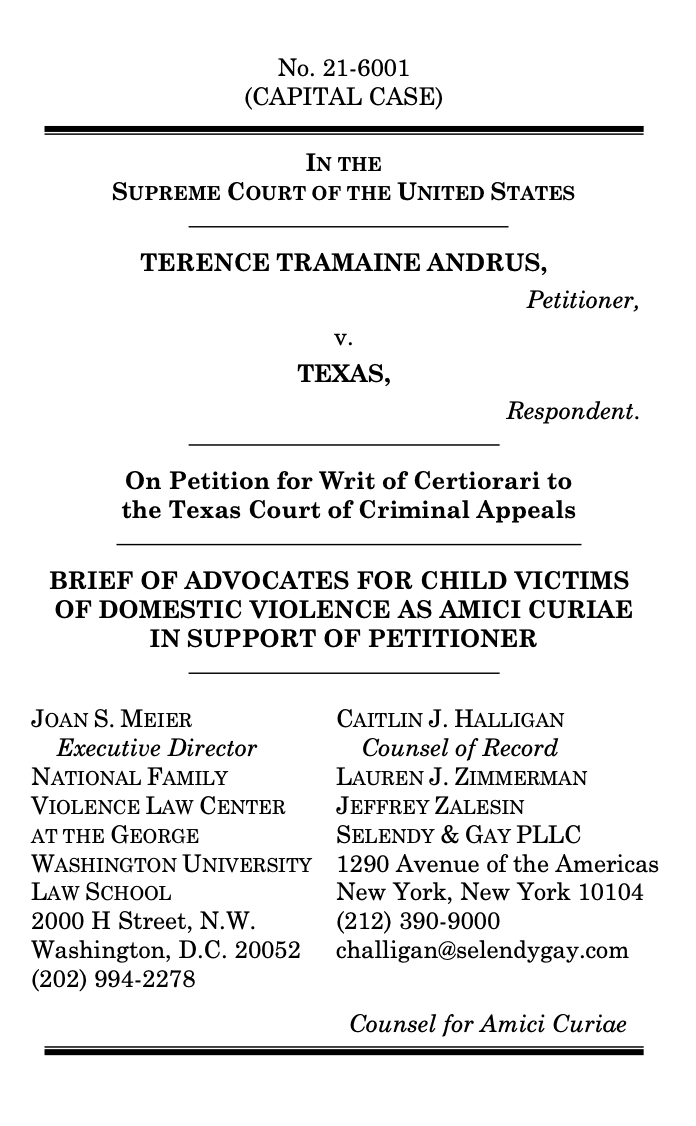
Summary of Argument
Terence Tramaine Andrus is back on death row be- cause the Texas Court of Criminal Appeals (“CCA”) concluded there was no reasonable probability that even one juror would assess his moral culpability differently after learning about his pervasive and severe adverse childhood experiences. That conclusion is irreconcilable with this Court’s precedents and well-accepted tenets of developmental psychology.
This Court has already held that “the grim facts” of Mr. Andrus’ youth are “powerful mitigating evidence” that his trial counsel should have investigated and presented to the jury. Andrus v. Texas, 140 S. Ct. 1875, 1878, 1883 (2020). In remanding the case to the CCA, the Court left open a single question: whether there was a reasonable probability that the mitigating evi- dence, if developed by competent counsel, could have persuaded one juror to strike a different balance.
The CCA should have answered that question af- firmatively. As an expert testified at Mr. Andrus’ ha- beas hearing, well-established developmental psychol- ogy research confirms that severe abuse, neglect, and household dysfunction during childhood can cause lasting neurological, emotional, and behavioral dam- age. The record shows that Mr. Andrus’ early life was filled with these traumas. Yet, the CCA dismissed the totality of this evidence as “not particularly compel- ling” and not reasonably likely to persuade a single ju- ror not to vote for the death penalty. Ex parte Andrus, 622 S.W.3d 892, 893 (Tex. Crim. App. 2021). It reached this conclusion in part by ignoring much of the habeas record, including many mitigating facts of Mr. Andrus’ life and developmental psychology research concern- ing adverse childhood experiences. Even when the CCA acknowledged mitigating facts, it minimized their significance, often for scientifically discredited reasons.
This Court has vacated death sentences in numer- ous similar cases, reversing the decisions of lower courts that improperly discounted evidence of a defendant’s adverse childhood experiences. Allowing the CCA’s ruling to stand would undercut this precedent and trivialize the harm suffered by severely traumatized children. This Court should grant certiorari and reverse the CCA’s judgment.